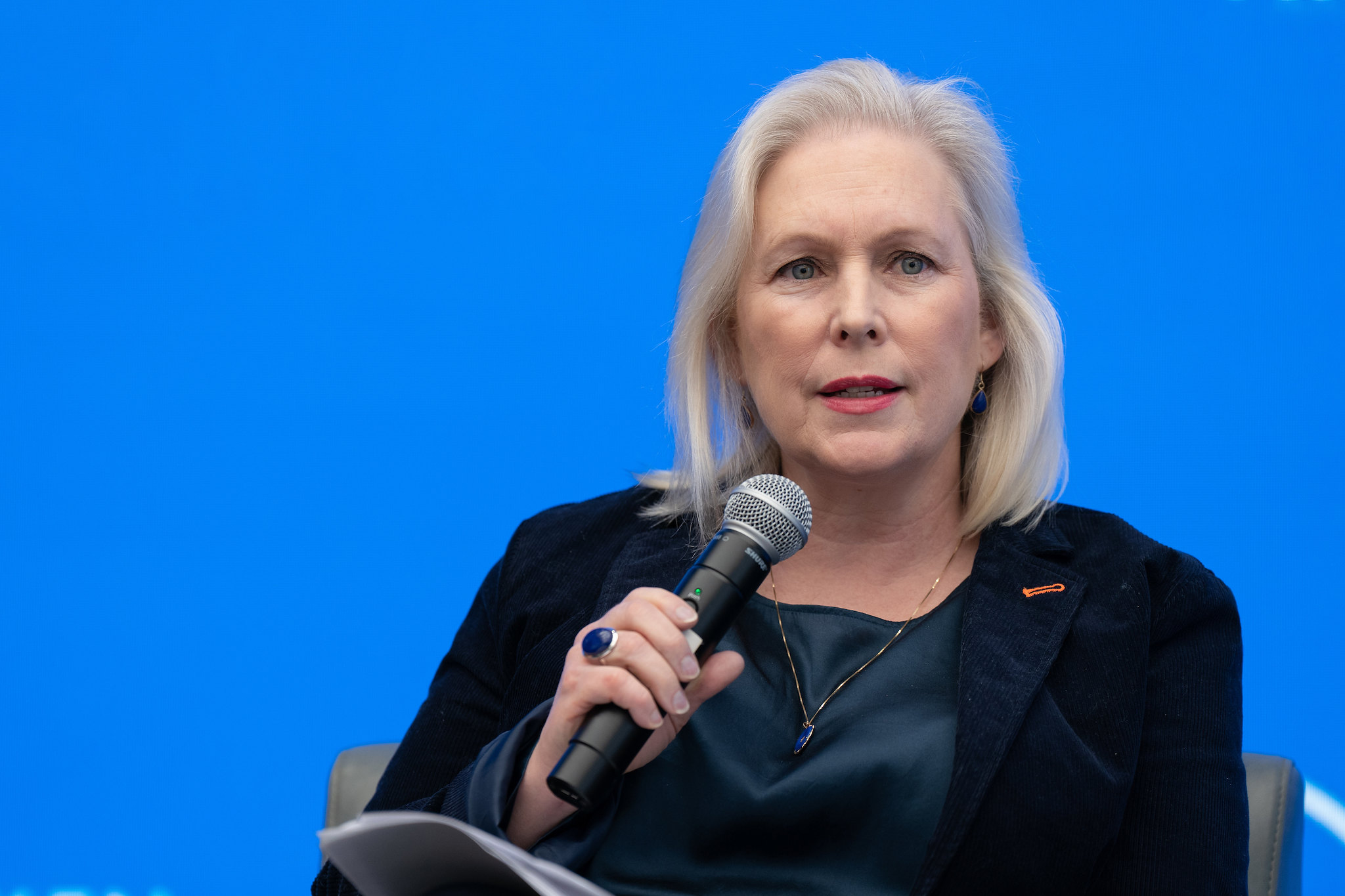Recap: The Future of Digital Assets
The digital assets sector pushed further into the mainstream in 2022, but it also experienced sharp downturns across the market as well as notable scandals, such as the collapse of cryptocurrency exchange FTX and the arrest of its founder, Sam Bankman-Fried, on fraud and conspiracy charges.
Those highs and lows served as a backdrop for a two-day event in Washington, D.C., hosted by UNC’s Rethinc. Labs, an initiative of the Kenan Institute of Private Enterprise, in partnership with the Milken Institute and Duke University’s Fuqua School of Business. Together, the Future of Digital Assets Symposium on March 2 and the second annual DeFi Academic Research Conference the following day brought together academic experts, leading business luminaries, policymakers, elected officials and other thought leaders to examine current issues in fintech.
The first day’s symposium largely focused on policymakers and practitioners in the space, providing an on-the-ground sense of how fintech actors are responding to this past year’s tumult. Many speakers acknowledged the recent volatility and outlined their reasons for optimism even in the wake of a significant downturn. The touted strengths of blockchain-based economics – which include the possibility for an around-the-clock marketplace and a reduced need for financial intermediaries – which still lead many of the speakers to believe that digital assets will become far more widely adopted over the next decade.
A particular obstacle, to which many panelists pointed, is the lack of a clear regulatory framework in the United States. In particular, Fintech innovators and actors stated their need for clearer guidance and rules around definitions and legal standards within the blockchain, digital assets and cryptocurrency sectors. Panelists expressed concern that the European Union and governing bodies in the U.K., China and Switzerland were far more active in creating regulatory guidelines and promoting innovation than the U.S. has been.
Given that government regulation has been a topic of heated debate within the blockchain space, several members of Congress were present to discuss their perspective and recent activity toward that end. The day’s first panel featured a discussion with Republican Rep. French Hill of Arkansas, chairman of the House Financial Services Subcommittee on Digital Assets. Hill made comparisons to the dot-com bubble of the early 2000s, emphasizing the need for “transparent, fair-minded rules” that would allow innovation in the space to succeed or fail of its own merit.
Later in the afternoon, Sens. Kirsten Gillibrand, Democrat from New York, and Cynthia Lummis, Republican from Wyoming – co-sponsors of the Responsible Financial Innovation Act – argued that passage of such regulation was necessary to simultaneously grow the marketplace and protect consumers. Gillibrand and Lummis said they intend to build a framework that will provide more concrete guidelines for regulators as part of an updated version of the bill expected in the spring.
The second day’s research conference featured six presented papers, as well as opportunity for attendees to discuss the approaches and methodologies within. The conference was headed by Eric Ghysels, Edward Bernstein Distinguished Professor of Economics at UNC Kenan-Flagler Business School and faculty director of Rethinc. Labs, alongside Cam Harvey, Fuqua Professor of Finance. Topics included the design of automated market-making protocols, possible scalability solutions for smart contracts, and discussions around systemic fragility and the cause of last year’s crash of the stablecoin TerraUSD. Given the relative newness of decentralized finance, much academic work in the area remains focused on expanding the suite of possible solutions in this space, as well as more clearly outlining the ways in which decentralized and traditional finance differ.
- Keyword(s):
- blockchain 5
- cryptocurrency 17
- fintech 12




